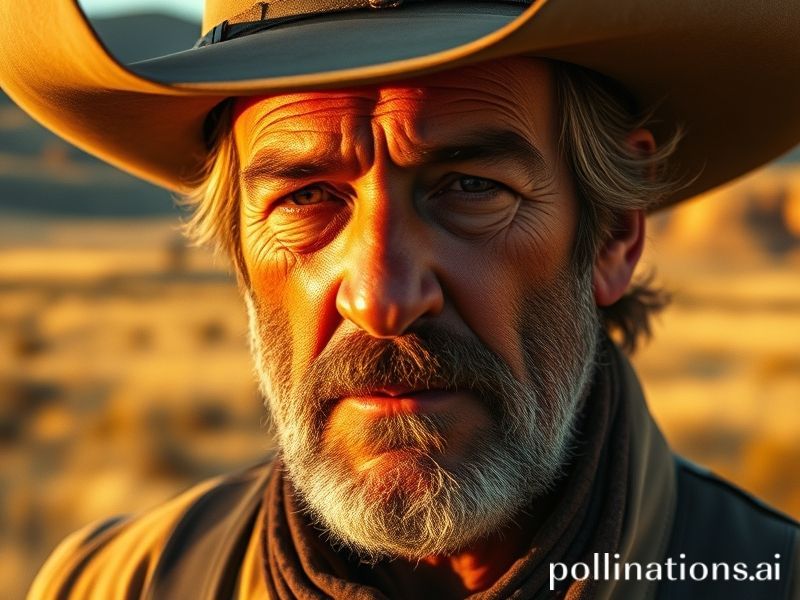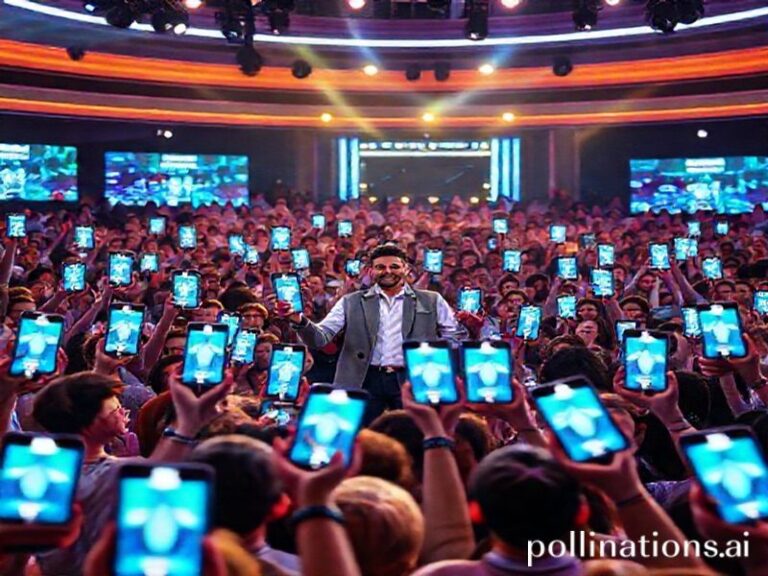kevin costner
Kevin Costner, the laconic Midwesterner who once built a baseball diamond in an Iowa cornfield, has become an unlikely barometer for the American century’s slow-motion implosion. From the Berlin Wall’s fall (he was busy dancing with wolves) to the current age of streaming wars (where his Yellowstone ranch is the closest thing the US has to a functioning federal reserve), Costner’s career arcs like a cautionary comet across the global skyline.
Consider the international reception: In France, they call him “le Costner,” the last cowboy-saint of a frontier that exists only in subtitles. In South Korea, university seminars parse the neo-Western grammar of Yellowstone alongside K-drama power dynasties, discovering that corruption wears a Stetson just as fetchingly as a Seoul-tailored suit. Meanwhile, Russian state television periodically airs The Postman—yes, that three-hour post-apocalyptic love letter to the USPS—as proof that America once believed in something other than influencer merch drops. The irony is thick enough to choke a Siberian tiger: a film panned at home for being mawkish is recycled abroad as evidence of lost civic virtue.
Costner’s latest gambit, a $100 million self-funded horizon called Horizon: An American Saga, premiered at Cannes to a ten-minute standing ovation, the French clapping so hard you’d think the Seine was running bourbon. Critics hailed it as a corrective to Marvel’s chromatic vomit; financiers hailed it as voluntary bankruptcy with better cinematography. The film—four chapters, two intermissions, and enough Manifest Destiny to re-invade Guam—positions Costner as the last studio-system auteur, a man so allergic to algorithmic notes he’d rather mortgage 1,000 acres of Colorado than add a TikTok dance sequence.
Globally, the project feels like a ransom note to a civilization that can’t finish a thought without scrolling. Kenya’s young TikTokers stitch his trailer with captions like “POV: colonizer tries a cinematic universe,” while German cinephiles debate whether the runtime qualifies as a war crime under the Geneva Convention. Yet beneath the snark lies a planetary ache: the sense that someone, somewhere, is still gambling on the long form—on attention spans longer than a sneeze.
Of course, the real plot twist is geopolitical. Yellowstone streams on platforms whose servers hum in former Soviet bunkers; Costner’s face beams into Iranian living rooms via bootleg satellites the ayatollahs can’t quite shoot down. The show’s central thesis—land equals power, family equals land, betrayal equals ratings—translates fluently from Montana to Myanmar, where junta generals privately binge it for tips on fencing dissident territory. In an age when America exports mostly inflation and sanctions, Costner’s neo-Western operas have become the last reliable US commodity, like soybeans but with more horses and existential dread.
Still, the man himself remains adorably convinced the world is large enough for sincerity. He talks about “the myth of the West” the way other sexagenarians talk about their gluten intolerance: relentlessly, and with the assumption you care. Interviewed on French radio, he compared directing to “trying to drink a river,” a metaphor so grandiose the translator simply sighed and said “il est poète.” Perhaps that is the final joke: while nations weaponize memes and trade partners ghost each other over submarine deals, Costner soldiers on, a dinosaur in denim, betting that four hours of panoramic sky can still make strangers in Jakarta miss a frontier they’ve never seen.
The planet may be on fire, but somewhere a satellite dishes out 4K footage of Kevin on horseback, promising that if you build it—whatever “it” is, a canal, a democracy, a four-film cycle—they will still come. Whether they come out of awe, nostalgia, or sheer disbelief that anyone remains that stubborn is irrelevant. The ticket sales count the same in any currency, and the apocalypse, like a good Western, needs a laconic hero who refuses to hurry.







